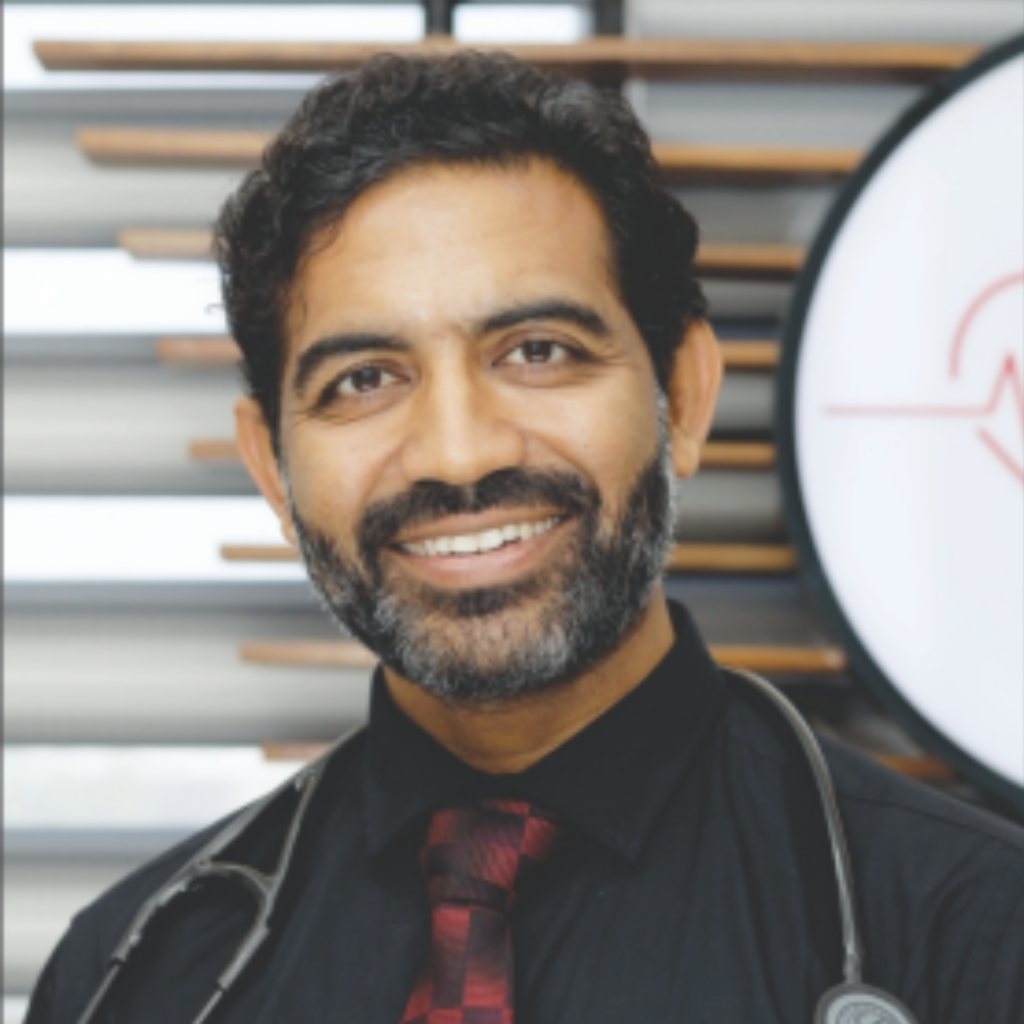- Home
- About Us
- Doctors
- Specialties
- Bariatric Surgery
- Bone Marrow Transplant
- Cancer
- Cardiology
- Cardiovascular And Thoracic Surgery
- Critical Care Medicine
- Dental Surgery
- Dermatology & Cosmetology
- Diabetic Foot Care
- Ear, Nose & Throat
- Endocrinology
- Fetal Medicines
- Gastroenterology
- General Medicine
- General Surgery
- HPB & Gastrointestinal Surgery
- Interventional Radiology
- IVF
- Kidney Transplant
- Laparoscopic Surgery
- Liver Transplant
- Medical And Hemato Oncology
- Neurology
- Neuro & Spine Surgery
- Nephrology And Dialysis
- Nuclear Medicine
- Orthopedic
- Ophthalmology
- Obstetrics And Gynecology
- Pathology Laboratory
- Pediatric
- Peripheral Vascular And Endovascular Surgery
- Physiotherapy and Rehabilitation
- Plastic Reconstruction
- Plastic & Cosmetic Surgery
- Pulmonary Medicine
- Radiation Oncology
- Radiology
- Robotic Surgery
- Surgical Oncology
- Urology
- Facilities
- Patient Area
- Testimonials
- Media
- Contact Us
Cardiac Consultation
Your Path to Heart Health
Your heart is a remarkable organ, tirelessly working to keep you alive. Yet, heart health is something many of us take for granted until a concern arises. If you’re experiencing symptoms like chest pain, shortness of breath, or palpitations, or if you have risk factors such as high blood pressure, diabetes, or a family history of heart disease, seeking a cardiac consultation is a crucial step towards understanding and managing your heart health.
The Role of a Cardiologist
A cardiologist is a specialized medical professional who focuses on diagnosing and treating heart conditions. They have extensive training and expertise in all aspects of heart health, making them the go-to experts for understanding, preventing, and managing heart-related issues.

When to Consider a Cardiac Consultation

Symptoms: If you’re experiencing symptoms such as chest pain, irregular heartbeats, fatigue, shortness of breath, dizziness, or swelling in the legs or ankles, it’s essential to consult a cardiologist to determine the cause and appropriate treatment.
Risk Factors: If you have risk factors for heart disease, including high blood pressure, high cholesterol, diabetes, obesity, or a family history of heart conditions, a cardiac consultation can help assess your risk and establish a preventive plan.
Routine Check-Up: Even without noticeable symptoms, regular cardiac check-ups are advisable, especially as you age. These consultations can detect early signs of heart disease and guide you towards a healthier lifestyle.
What to Expect During a Cardiac Consultation
During a cardiac consultation, you can expect the following:
- Medical History Review: Your cardiologist will go over your medical history and discuss any symptoms or concerns you have.
- Physical Examination: A thorough physical examination, including blood pressure measurement and listening to your heart, will be conducted.
- Diagnostic Testing: Depending on your symptoms and risk factors, your cardiologist may recommend various diagnostic tests, such as electrocardiograms (ECG), stress tests, echocardiograms, or coronary angiography.
- Discussion and Education: Your cardiologist will discuss the findings with you and provide recommendations for treatment, lifestyle changes, and prevention.
Benefits of a Cardiac Consultation
- Early Detection: Cardiac consultations can identify heart issues in their early stages, allowing for timely intervention and improved outcomes.
- Prevention: A cardiologist can help you understand your risk factors and develop strategies to prevent heart disease.
- Customized Care: Your cardiologist will tailor a treatment plan specifically to your needs, considering your unique medical history and condition.
- Improved Quality of Life: Many patients experience symptom relief and an improved quality of life following. consultation and treatment

